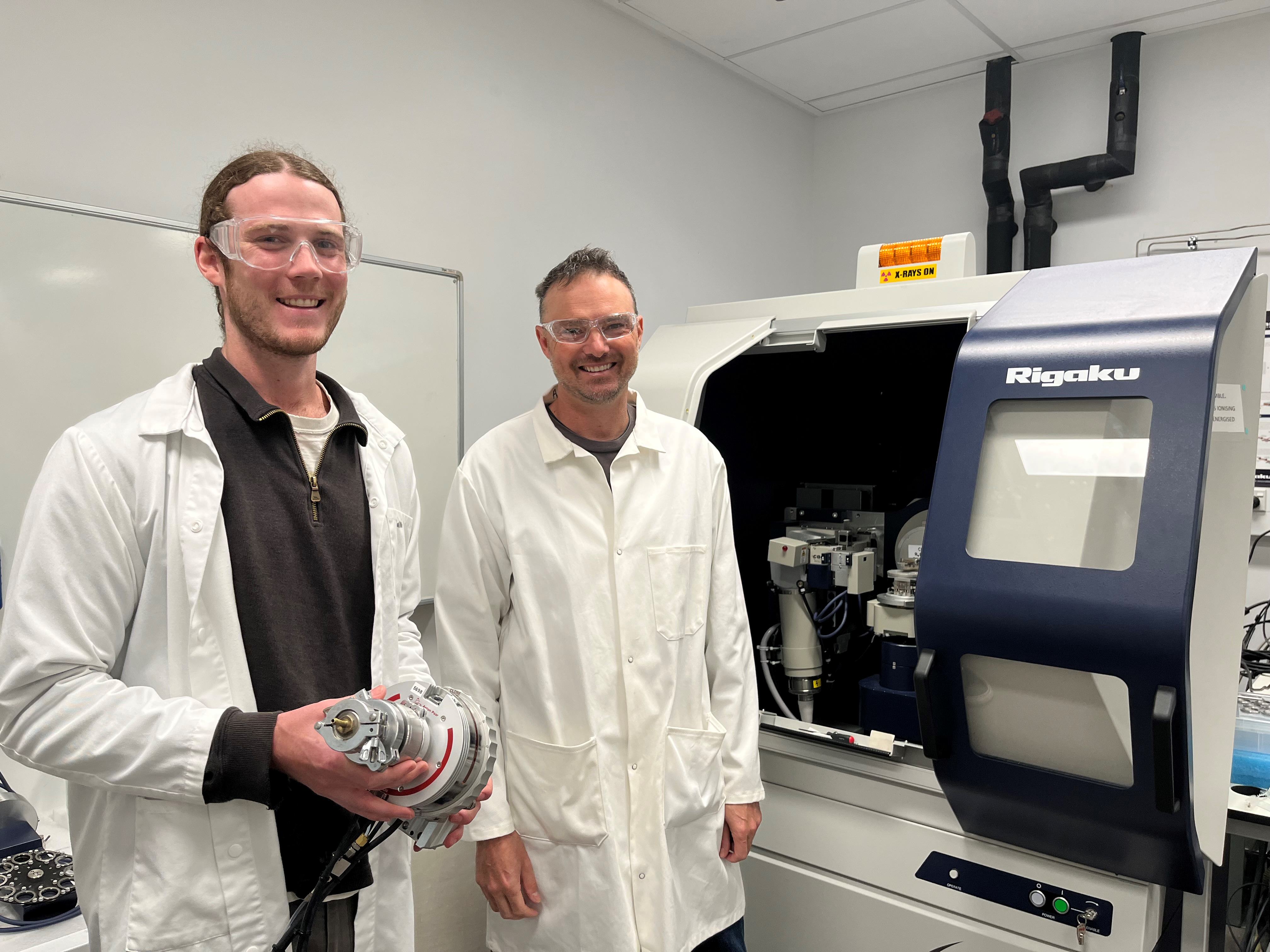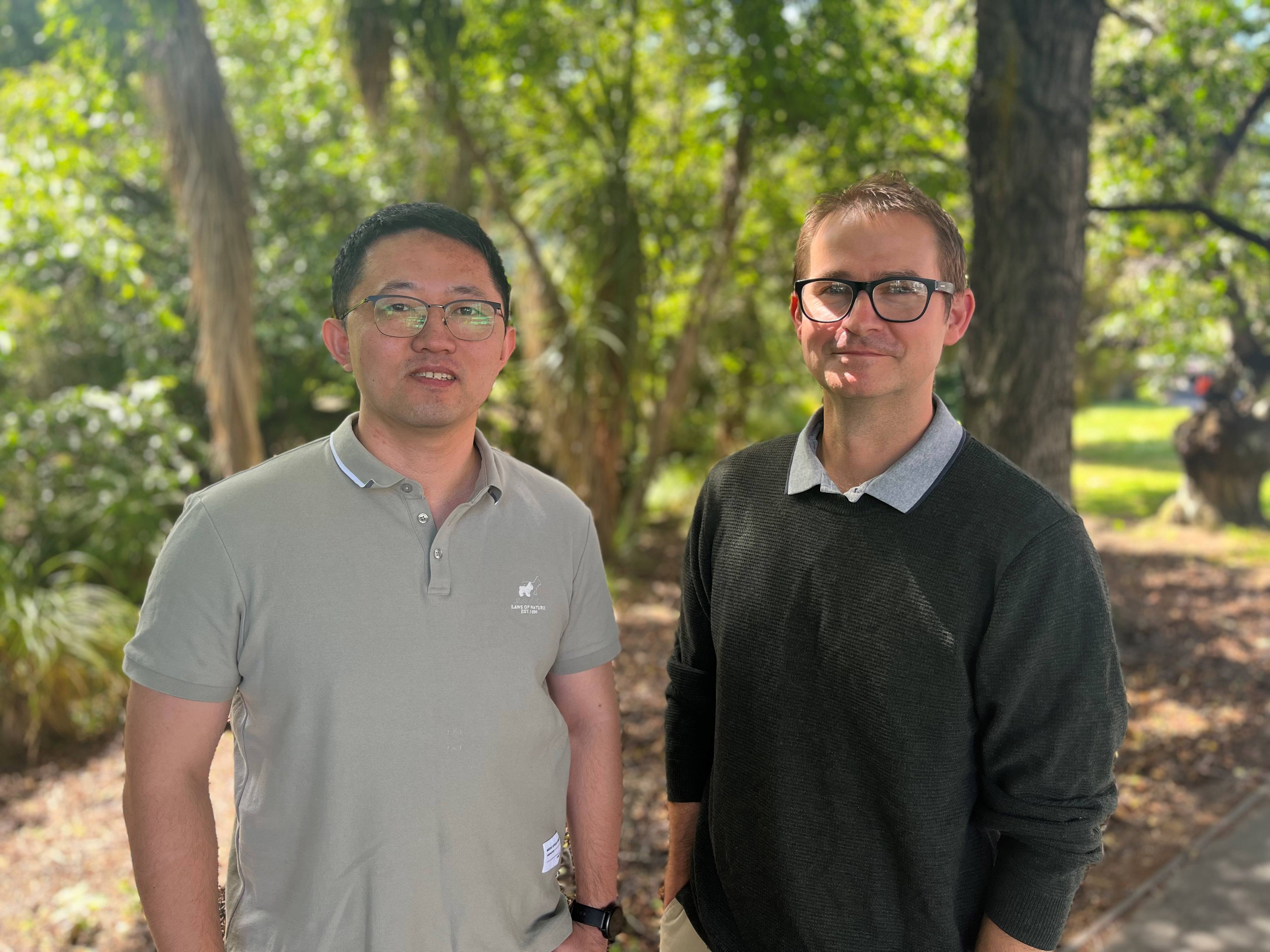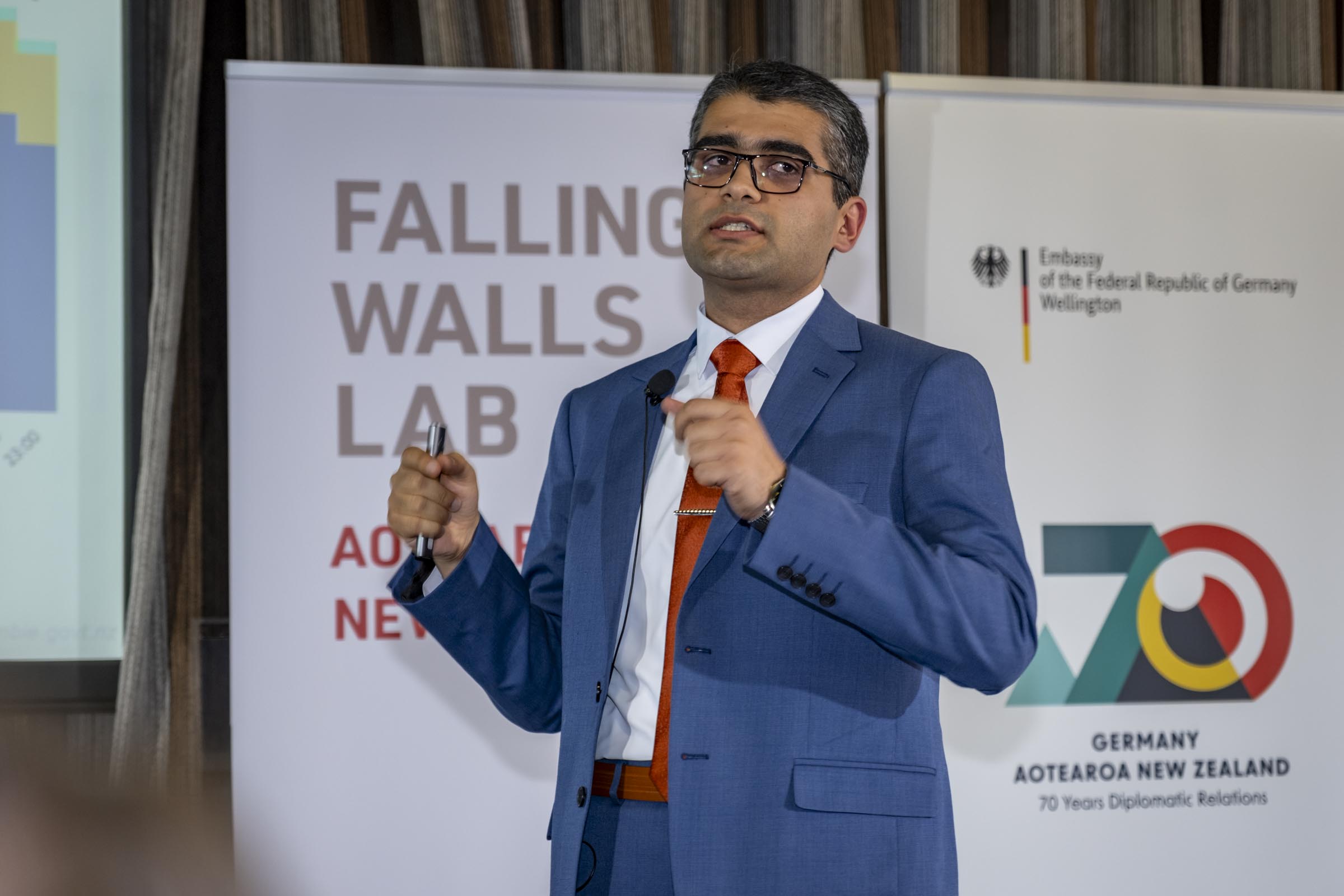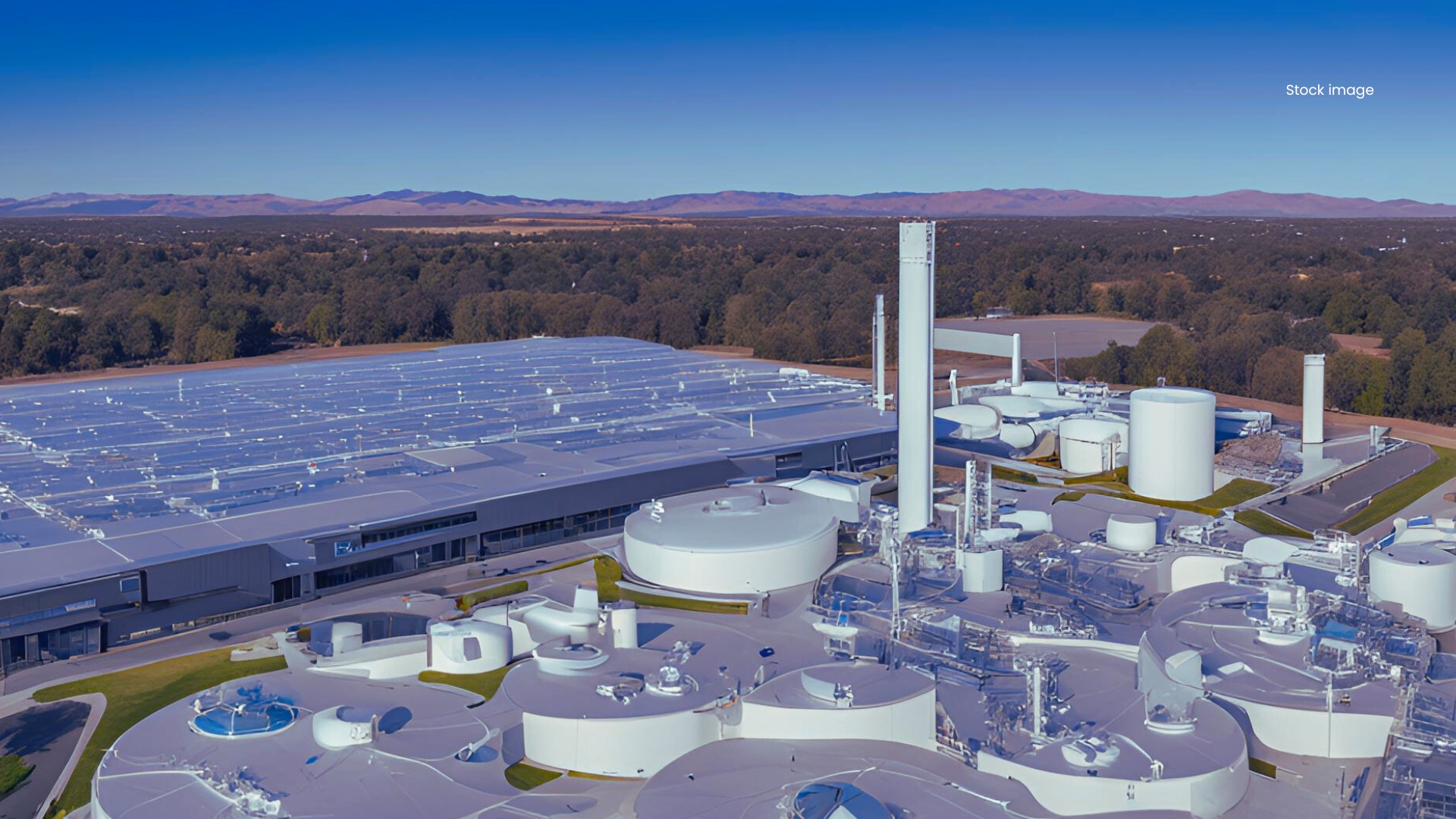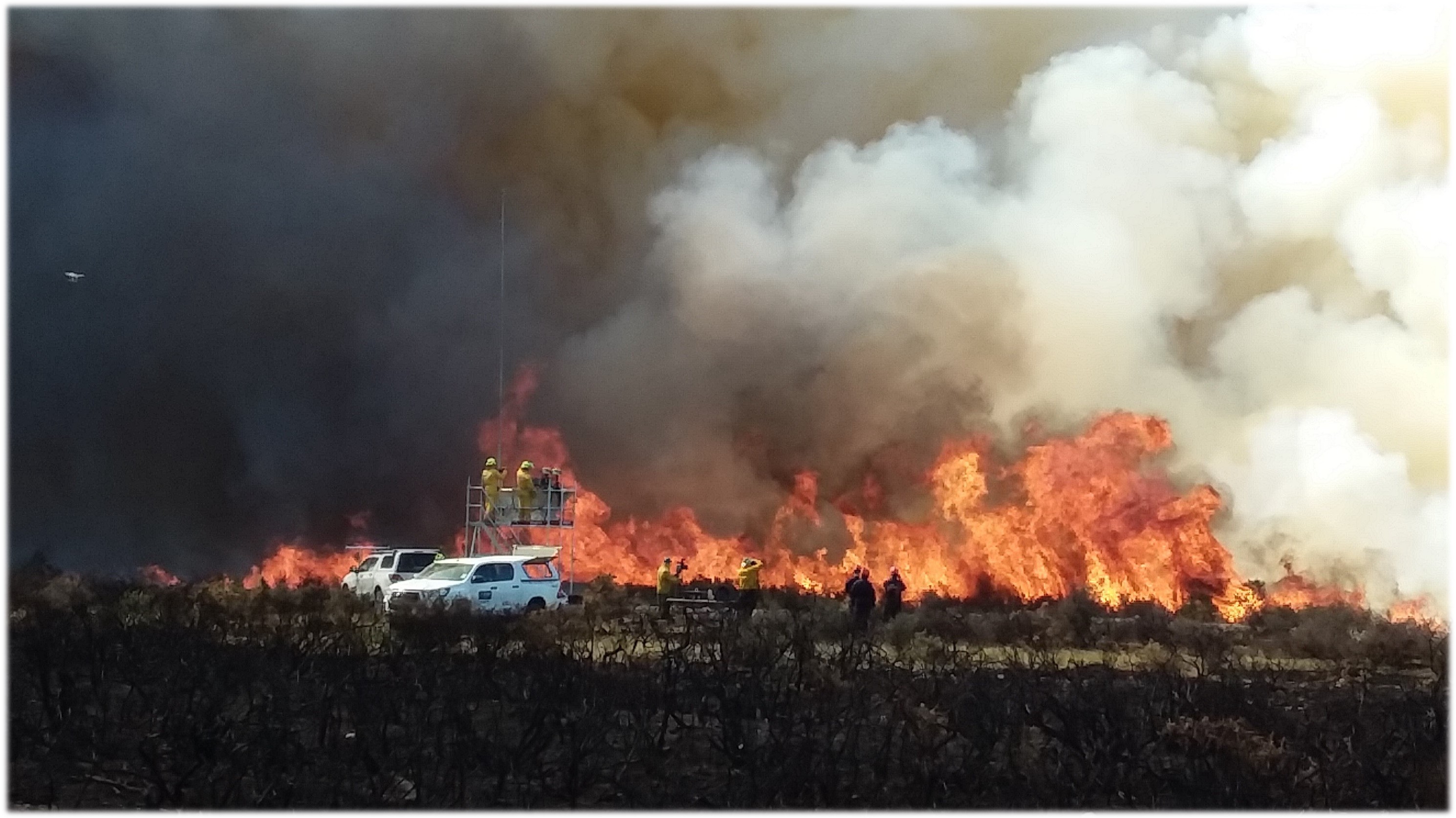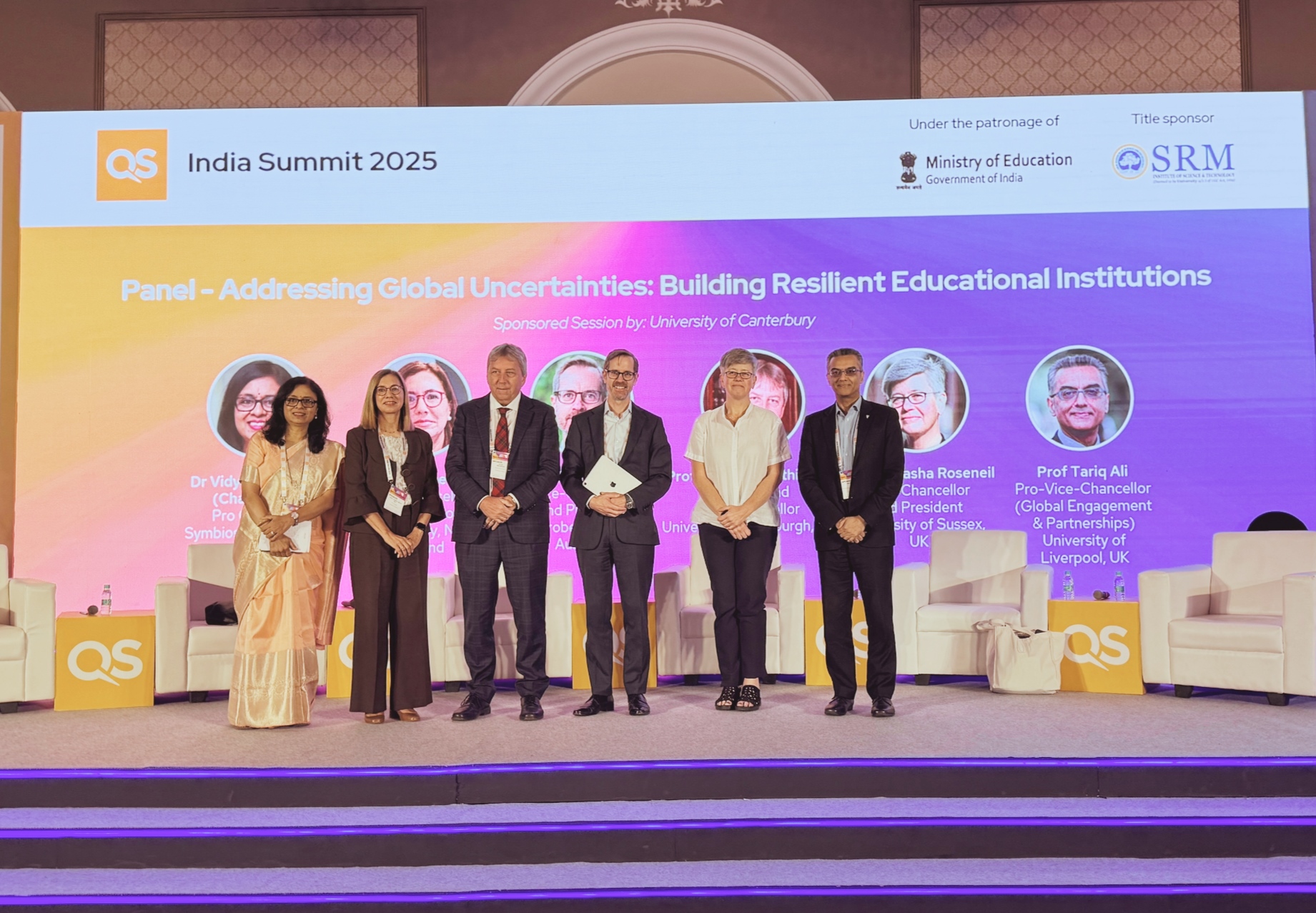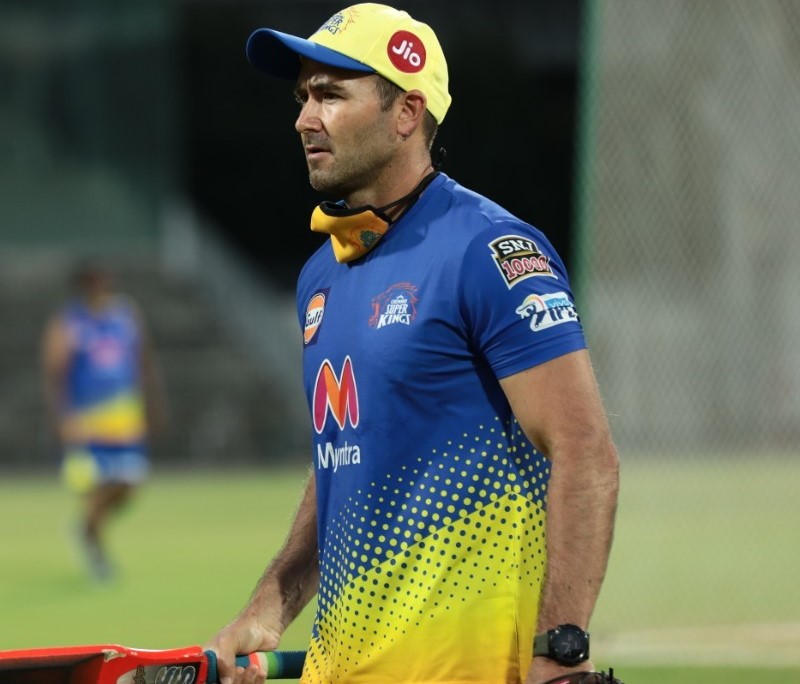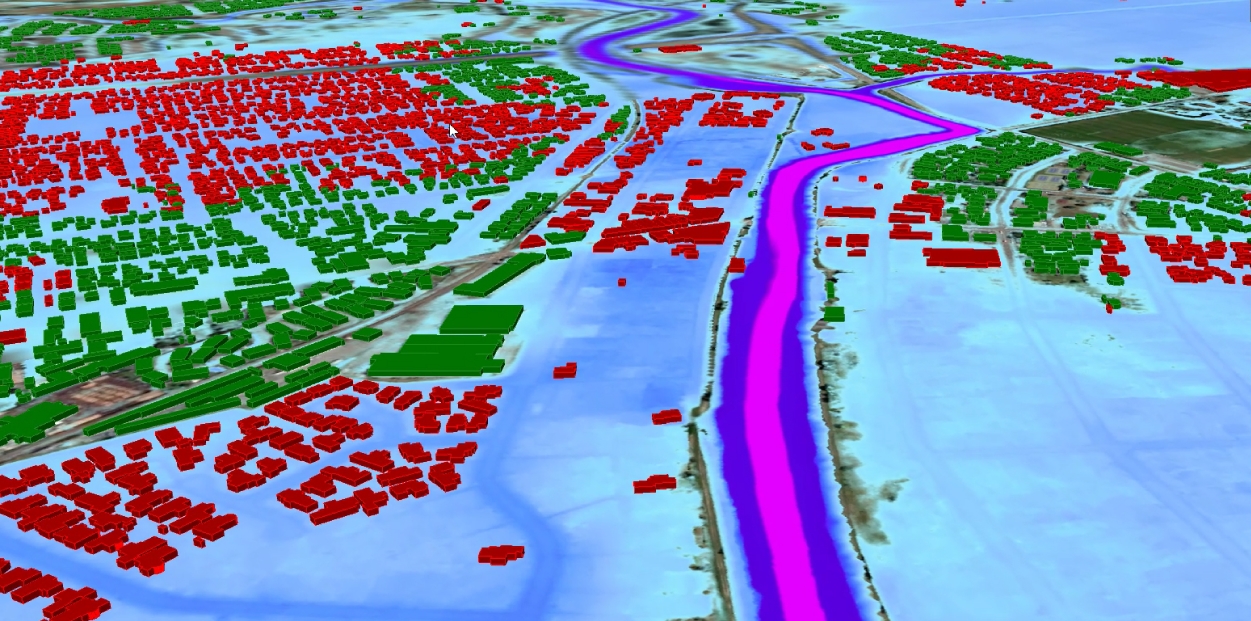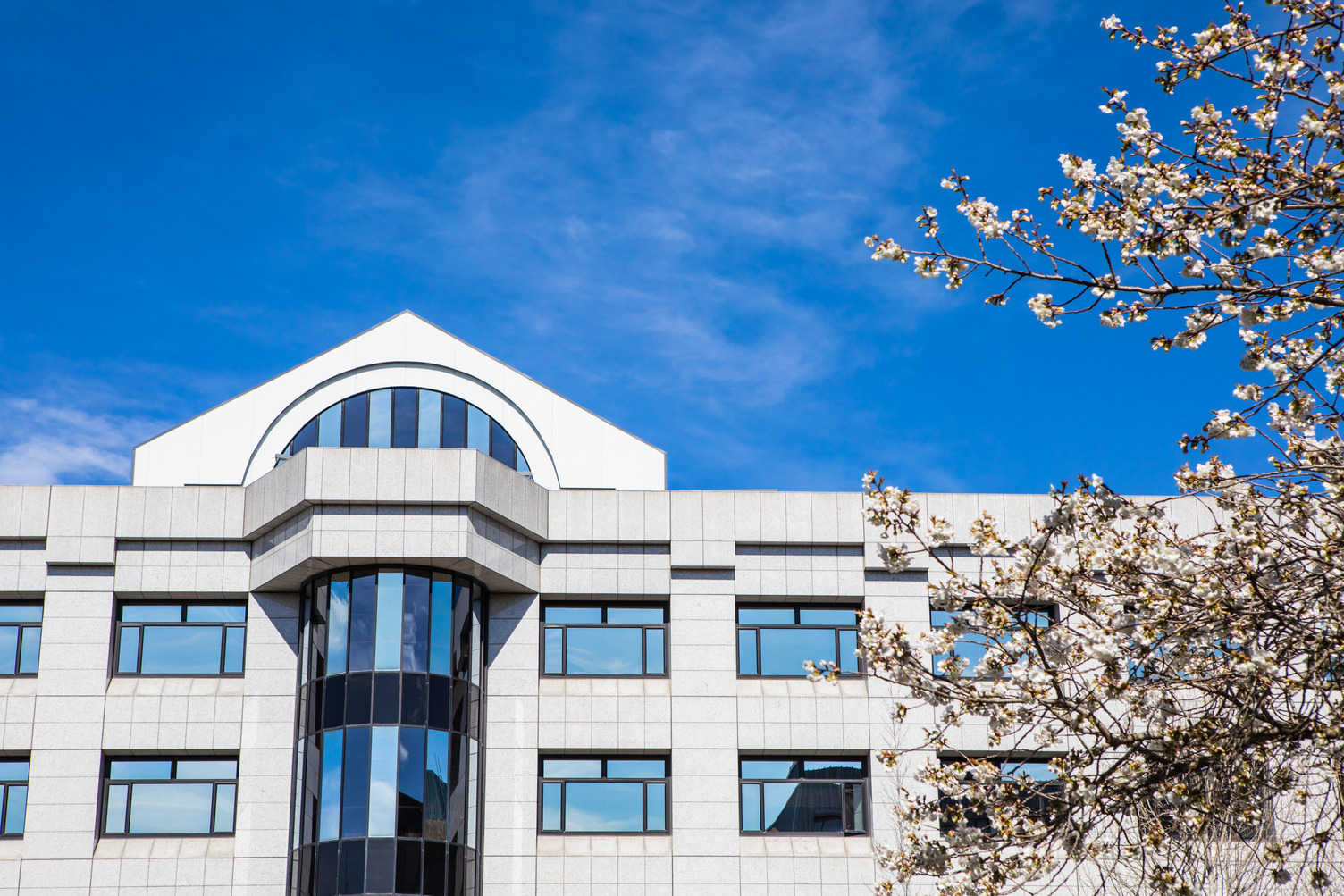The Radius Robotics team (left to right): UC business graduate Henry Bersani, UC mechanical engineering PhD student Daniel Morris and Rob Swatton.
A robotic farming system is being built by University of Canterbury (UC) mechanical engineering PhD student Daniel Morris, UC business graduate Henry Bersani and Rob Swatton who have formed their own company, Radius Robotics.
The start-up is one of 10 New Zealand finalists in the annual Callaghan Innovation C-Prize, an eco-innovation competition, and the entrepreneurial trio has already received a $10,000 prize package.
They’re also in the running for a $100,000 grand prize for the overall winner, to be announced in June.
This year’s C-Prize has a sustainability focus, encouraging innovative technology with the potential to improve our natural environment on a global scale.
Radius Robotics is developing a polyculture farming system – one that would support planting multiple species rather than one type of crop over a large area.
“We want to completely reinvent the way arable crop production is carried out,” Daniel says.
“There are a lot of practices out there that we don’t think are efficient. Mono-cropping, which is what we’ve traditionally done, actually degrades the soil and leads to widespread use of pesticides and chemical fertilisers.
“Our approach is to completely rethink how that works and enable a more regenerative type of agriculture.”
Daniel says soil degradation is a major threat to food security. It also compounds the threat of climate change because soil is an important carbon sink, meaning it stores carbon.
“We’re hoping to mitigate the impacts of industrial agriculture on climate change by reducing carbon loss that happens during tilling of topsoil. We want to help farmers be good custodians for the soil and also run a profitable farm.”
While Daniel is reluctant to provide details of exactly how the system will work when a prototype is still being built, he says Radius’ robotic technology would allow farmers to drill seeds, weed, irrigate and monitor soil health. It would reduce the need for harmful chemical use and help regenerate the soil.
“The system will allow the farmer to make intelligent choices about what they do and how to look after the land.”
As finalists, the Radius Robotics attended a C-Prize “bootcamp” where they received mentoring and practical research and development support. Daniel was also a member of the Callaghan Innovation delegation to Melbourne for the evokeAG 2020 conference (the Asia-Pacific region’s largest Agrifood Tech conference) in late February.
Callaghan Innovation Chief Executive Vic Crone says the goal of this year’s C-Prize is to find and support world-leading solutions to environmental problems. The key focus areas are cleaning up waterways, reducing or reversing human impacts on the climate, and making smarter use of finite resources.
“We set a big, bold challenge with C-Prize this year - one that could be the most important challenge of our time.”
The overall winner, or winning team, receives $100,000 cash to support their prototype or proof of concept along with support and connections from Callaghan Innovation, New Zealand’s innovation agency, to help them progress their concept through to commercialisation.


